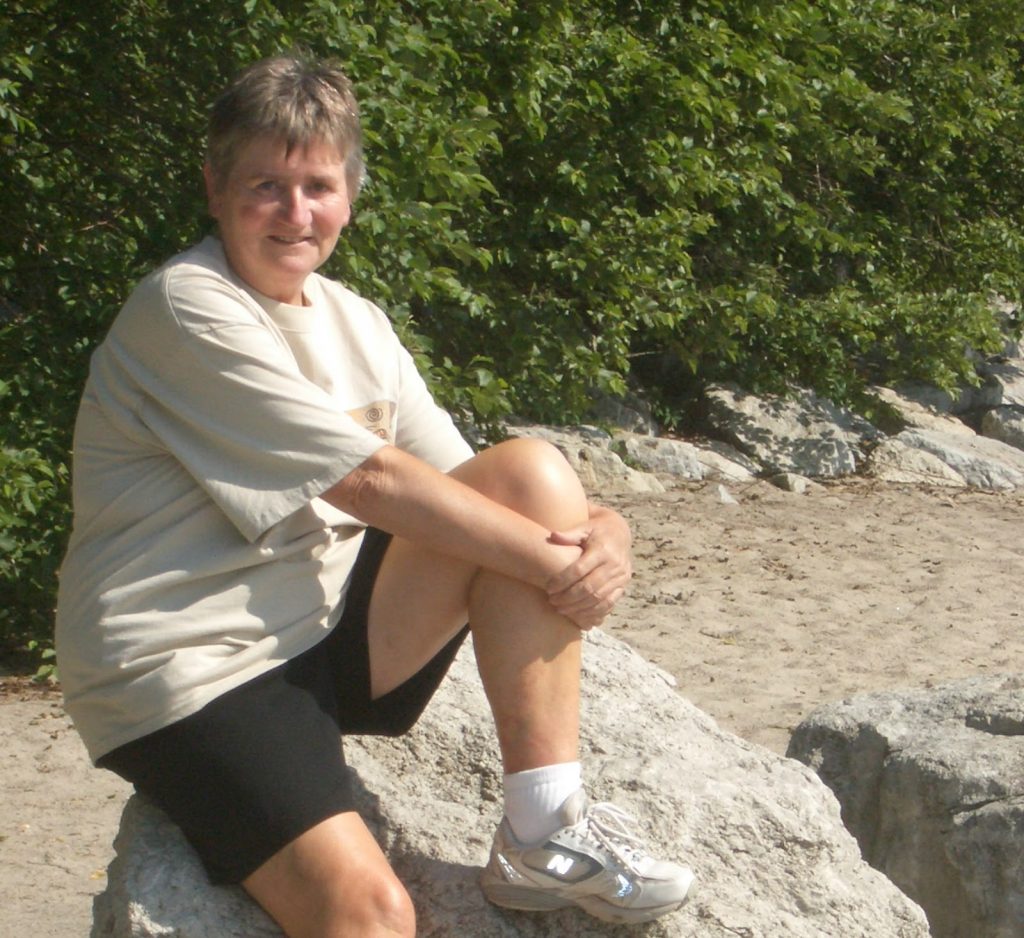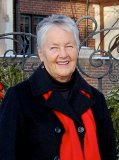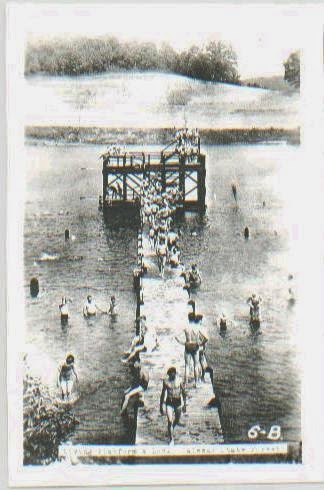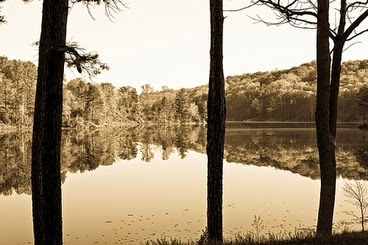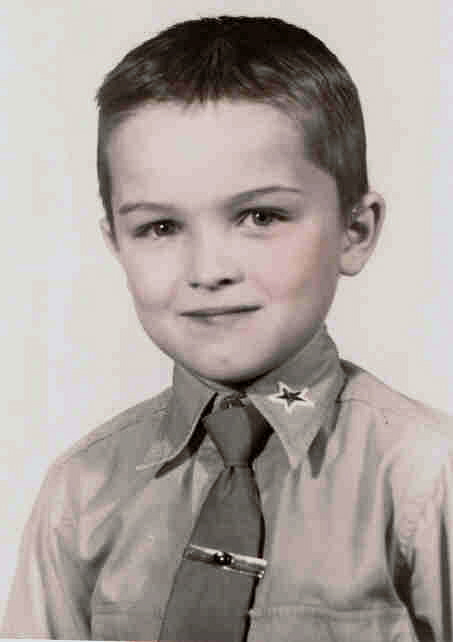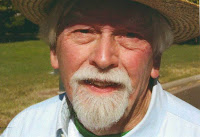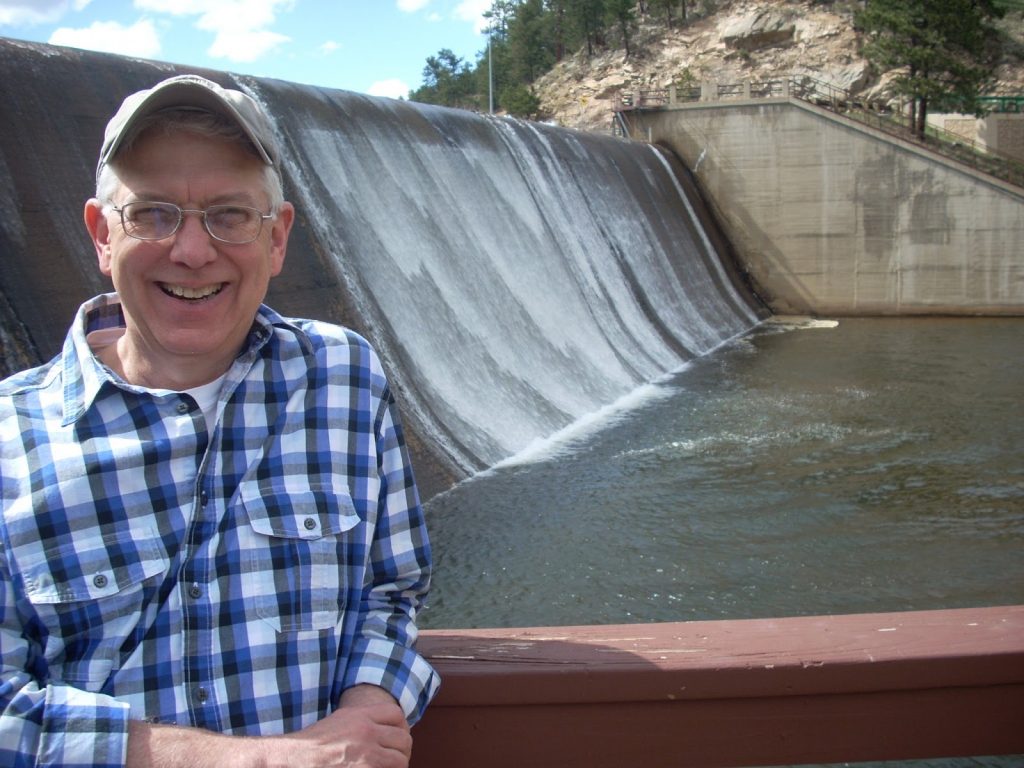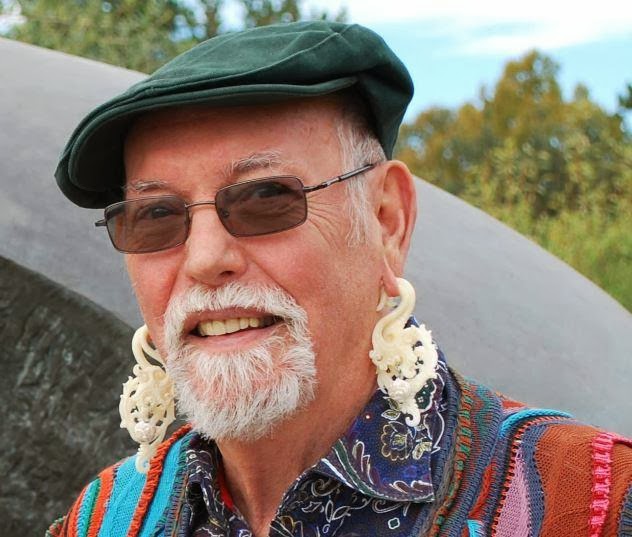I was four or maybe five when I asked my grandmother why Aunt Ethel’s son wasn’t at any family gatherings. I knew she had a son but I had never met him and no one ever mentioned him so it all seemed strange to me. My grandmother held her head high and announced, “He is not welcome. He likes boys,”
I didn’t understand but I knew without a doubt that I could never like boys, whatever that meant. Around the same time since I was always sick the doctor suggested that my family find some activity for me to do when I was bedfast. My grandmother taught me to crochet. I liked to dress up, dance and in general I would now consider myself to have been the “sissy” that I was often teased as. I now think that my parents accepted that I was queer. They seemed to be very surprised when I got married.
I have always been naive. I wasn’t influenced by religious fundamentalism, sin, hellfire and damnation. I was instead very concerned with rejection, hatefulness, and not being accepted. I was very curious about male genitalia. I didn’t get to do any athletics because of asthma so I didn’t get to see other guys to satisfy my curiosities. I just knew that it wasn’t OK to like boys.
I did have numerous advances made by older men and a few curiosity jack offs with guys my own age. I chalked it up to satisfying my interests not to liking boys. In the case of older men it would now be classified as having been molested. If ever it had been a satisfying experience perhaps I would have lived a different life. Those experiences were without my consent and uncomfortable, not pleasurable.
Even in college the few times I was having sex with guys I didn’t know how or what to do and neither did they. I did want to get married, raise a family and be like a man was supposed to be. I was also curious about having sex with a woman but had accepted that you waited to get married and then you were supposed to celebrate your 50th wedding anniversary surrounded by children, grandchildren and a large and perfect family.
I was introduced to my first wife by an older friend that I met in a summer class. He thought that we would be a perfect match. We met in August and married in December and my first daughter was born in October. I was 20 years old. We did enjoy sex and were living a pretty good and acceptable life for 13 years. My children were very important to me and she neglected them. I couldn’t deal with that so I divorced her and got custody of the children
I didn’t do much about my curiosities. I didn’t even realize how much fear of being unacceptable controlled my life. I seemed to know the rules and had to appear to follow them. I had the fear that if I explored and got caught that the world would fall apart or worse. I still couldn’t like boys. If there was any sex it could not be accompanied with intimacy or affection. I fell in love with a straight guy who was my best friend. He knew it and wanted the friendship but sex was out of the question. That was the closest I came to thinking that I could like another man and have intimacy and love. It took another 38 years for me to meet someone that I could love. I did have several girlfriends after the divorce and enjoyed the sex but couldn’t let myself fall in love. Then I met my second wife. I guess you could say she seduced me. Of course I let her. That was my MO. She came to my place and never left.
I had my three children and I decided that if we were going to live together we needed to be married. We got married. I was more and more aware that men appealed to me but since I couldn’t be intimate with a man I settled into a pretty good 12 year marriage.
I somehow couldn’t come to grips with being gay if I didn’t have a boyfriend. I also didn’t think I could be gay and keep my job. Women seemed to present themselves and I had girl friends but I didn’t have sex with most of them. I just wasn’t interested but I did like the attention and it helped me to live as the acceptable straight image that I thought I had to have. Finally I attended the Gay Pride activities 4 years ago, got involved in Prime Timers and then the GLBT Center and 6 months later had my first boyfriend. It lasted 2 months but I came out, introduced him to my kids and have been a flaming queen ever since.
So what is the essence of GLBTQ? It’s being who you are even if it takes a lifetime. I am happier now than I have ever been. I have the most wonderful partner and my kids all love him too. Could I have found the essence of being gay earlier? Probably not. Through the “Telling your Story” group I have gotten in touch with all those rules and requirements that made being queer impossible. “He likes boys” is the best part of my life. The journey was a wonderful way to grow and mature spiritually as well as emotionally. That maturation process is the essence of being, finding out who you are and being who you are.
July 13, 2013
About the Author
I go by the drag name, Queen Anne Tique. My real name is Michael King. I am a gay activist who finally came out of the closet at age 70. I live with my lover, Merlyn, in downtown Denver, Colorado. I was married twice, have 3 daughters, 5 grandchildren and a great grandson. Besides volunteering at the GLBT Center and doing the SAGE activities,” Telling your Story”,” Men’s Coffee” and the “Open Art Studio”. I am active in Prime Timers and Front Rangers. I now get to do many of the activities that I had hoped to do when I retired; traveling, writing, painting, doing sculpture, cooking and drag.


